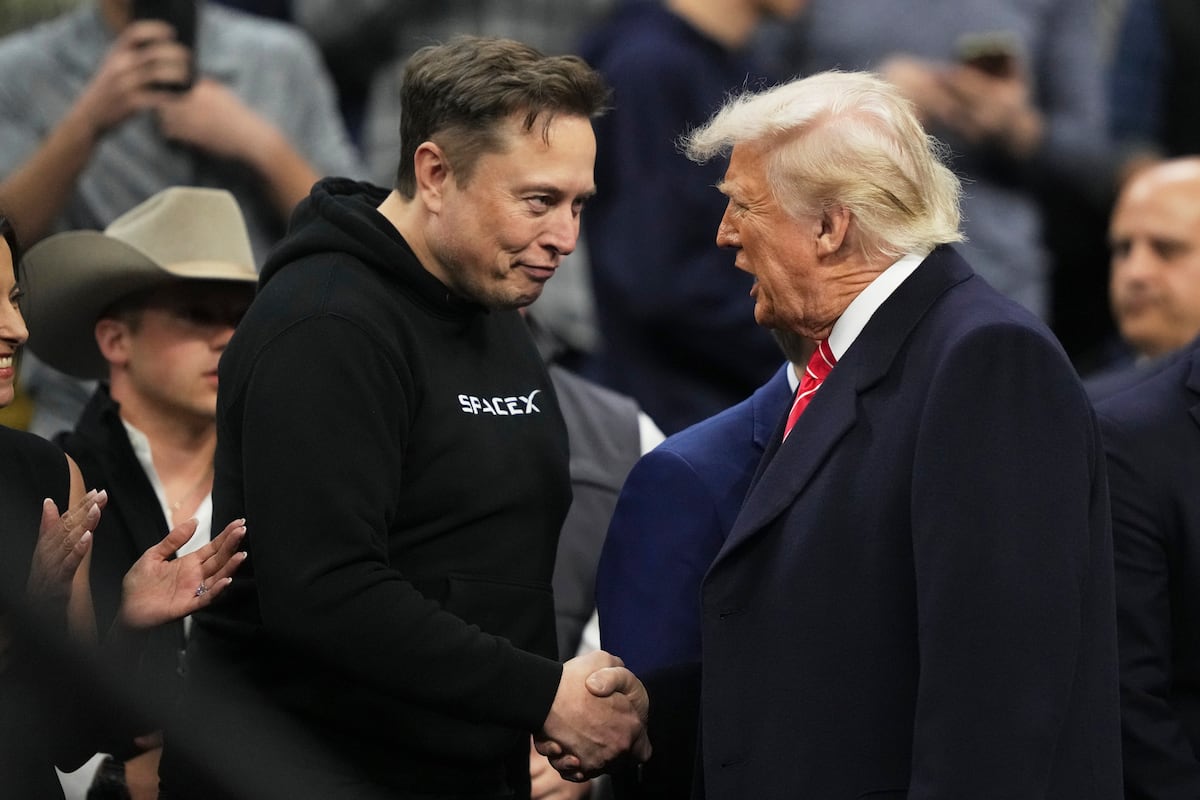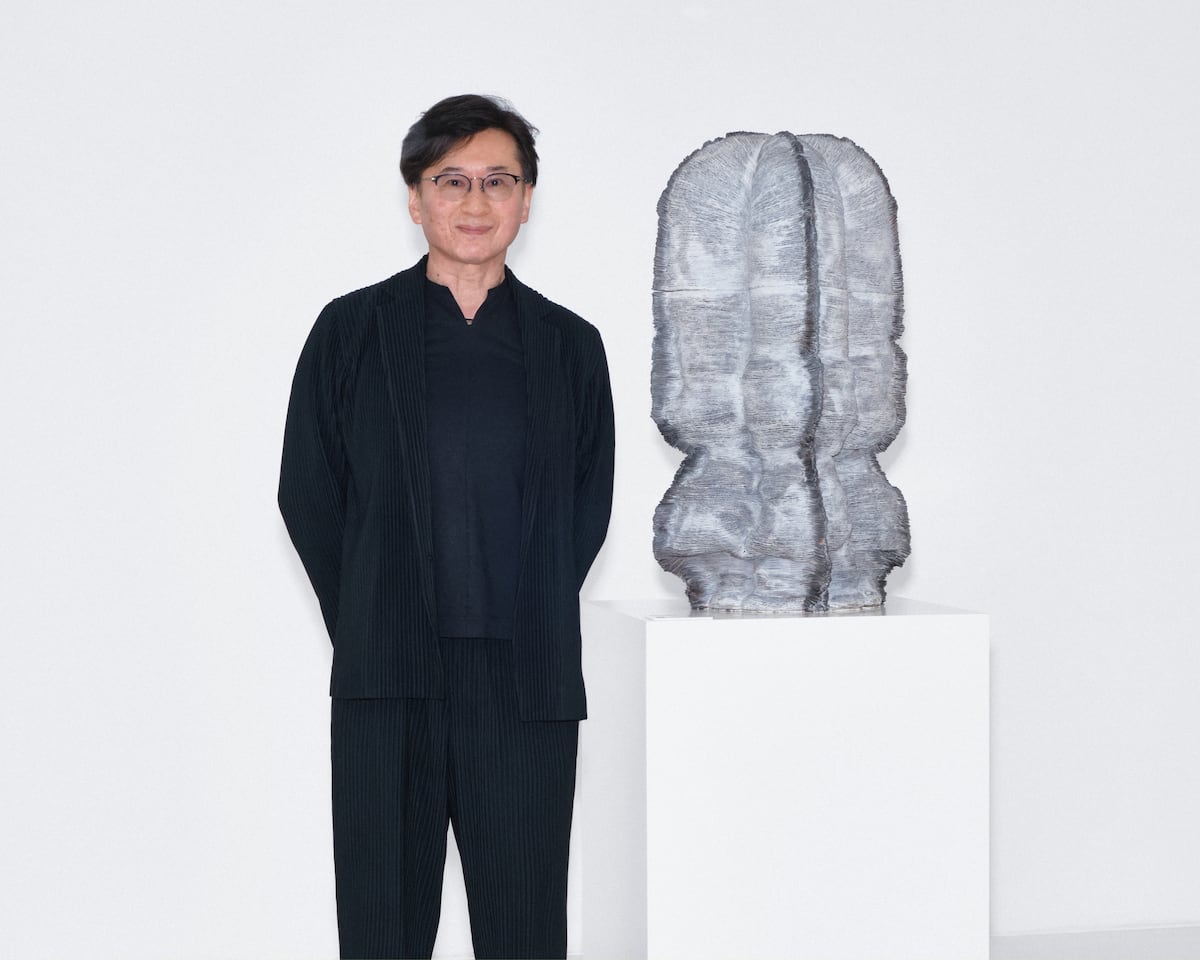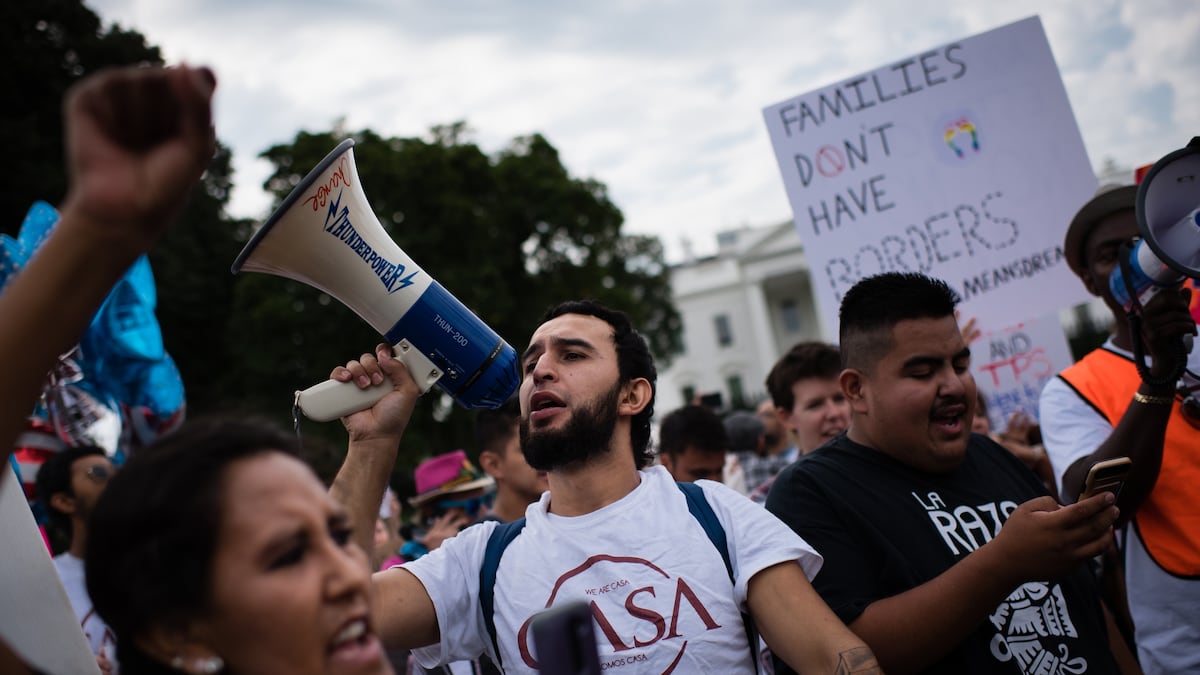[ad_1]
Fiona Hill, 59, is one of the foremost Western experts on Russia and the post-Soviet space. She has worked as an analyst and security adviser for three U.S. administrations: under Bush Jr., Obama, and Trump in his first term. In the latter, she held the position of Deputy Assistant to the President and Senior Director for European and Russian Affairs at the U.S. National Security Council from 2017 to 2019.
The daughter of a miner and a nurse from suburban England, she rose from modest beginnings — with an accent she herself described as working class — to attend Harvard University, build a stellar career, and become a U.S. citizen. Her 2019 testimony during the U.S. congressional impeachment inquiry into Trump is widely regarded as a symbol of her courageous independence of judgment.
She gave this interview last week in Madrid, where she was invited by the Ramón Areces Foundation to deliver a lecture at its headquarters. Hill, currently Chancellor of Durham University, a member of Harvard University’s Board of Overseers, a fellow at the Brookings Institution, and an adviser to the U.K. Ministry of Defense’s strategic review, believes Trump sees himself as an emperor and urges Europeans to strengthen their unity and defenses in the face of a hostile international landscape.
Question. You’ve personally observed the interactions between Donald Trump and Vladimir Putin in the past. How would you describe their relationship?
Answer. For Putin, the relationship is one in which he tries to take advantage of Trump’s weaknesses to be able to manipulate him. And Trump hasn’t been able to do the same in terms of Putin because he’s too much infatuated with Putin as a symbol and as an example of what he wants to be. Trump wants to be an autocrat. He sees himself as a king, as an emperor. He sees himself as a colossus walking the world stage. And he sees Putin as the kind of titan that he wants to be. And unfortunately, he doesn’t see him for who he really is, which is also someone with a great deal of weaknesses. He doesn’t see that Russia is not the superpower that the Soviet Union was. And frankly, at the moment, all the leverage is with Putin in that relationship.
Q. Putin has made it clear that he seeks to reestablish some sort of Russian sphere of influence; it’s clear that he’s trying to divide the West and that he has a strong interest in seeing a weakened U.S., less effective on the world stage. Is he winning?
A. Well, on the surface, yes, Trump seems to be giving Putin everything that he wants. He’s also talking about the world in terms of spheres of influence, something that previous U.S. presidents haven’t done. Trump is basically talking about the U.S. taking control almost literally of the whole Western Hemisphere. That’s a win for Putin because that’s how he talks about reacquiring territory that was once part of the Russian Empire, part of the Soviet Union. Putin would like to restore Russia’s status in Europe, which means dominance over Eastern Europe, certainly, but actually much more broadly. But if you think in a more practical sense, about the war in Ukraine, Putin is not winning, of course. Putin saw the 2022 invasion in the same vein as the Soviet interventions in Eastern Europe in Hungary in 1956 and in Czechoslovakia in 1968. The idea was that there would be a quick, sharp strike militarily and everyone would fall back into line. He thought Zelenskiy would flee. But the Ukrainians decided to fight back, and instead of being a special military operation that would end in a matter of days or weeks, it has become Russia’s largest military campaign in Europe since World War II.
The casualties for Russia are phenomenal. More than 800,000 in terms of people killed and wounded. If we take those killed in action, which the Brits and others estimate at around 200,000, that is a shocking number of Russian soldiers killed. In the Afghan war, during the Soviet era, it was only between 10,000 and 15,000. So there’s not much of a win there. In terms of the Russian economy, it’s not stagnant, but it’s overheating because it’s turned into a war economy. Forty percent of the economy is given over to war, and rising. And is he winning in terms of Europe? If the European powers reconstitute a European pillar of NATO to be more independent of the United States, and if they remain steadfast in rejecting the idea of re-engaging the European economy with the Russian, then that’s not a win for Putin. He’s banking that the United States will not only hand Ukraine to Russia on a silver platter, but will also push Europe to provide a pathway for re-engaging with Russia. And so far, he hasn’t won.
Q. You just mentioned Europe. What do you think Europe’s priorities should be in adapting to a time when the U.S. is moving away from decades of transatlantic alliances, and simultaneously it is facing the threat of Russian imperialism?
A. There are several things that need to be done. First, Europe must recognize just what you’ve said: that it is stuck between a very aggressive Russia and a United States that is no longer the reliable ally it was before and is certainly not going to be the guarantor of European security. The biggest risk to Europeans right now is that there is great vulnerability in their critical national infrastructure. That should be tackled right away. All of our critical national infrastructure needs to be protected both from accidents, natural disasters, and hybrid attacks from other countries. That should concentrate the minds of Europeans; we need to work more closely together, irrespective of whether a country is in the EU or NATO. Europeans need to collectively protect national infrastructure, build up their collective forces. Get rid of squabbles on other issues and focus on national and collective defense, as well as intelligence sharing.
Q. You mention the risk of sabotage. How do we defend our democracies, which are under attack, both from manipulation and sabotage coming from Russia, and from internal disinformation and manipulation campaigns by populists…?
A. That also requires collective action from Europe. It’s about using the courts, monitoring, and regulating. Of course, there will be pressure from the United States against this, with arguments denouncing the regulation of freedom of expression, but it’s clear that in that arena there is an opportunity for subversion. Europe is very exposed to manipulation from Russia and also from U.S. hacktivism against its political system. I think it’s already well known that in the case of the Catalan independence movement, Russia was highly manipulative. The same could happen from the U.S. or from other groups within Europe. We have to take all these risks extremely seriously. So that means we have to work together across all our various domestic and external intelligence systems. We also have to engage in a campaign to ensure that our citizens are more well-informed about the risks.
Q. We are seeing authoritarian instincts from Trump, and we are also seeing hyper-libertarian instincts from oligarchs in the U.S. Are you optimistic that U.S. democracy, admired by Tocqueville, will be able to withstand this combination of pressures?
A. I hope it will be able to, but hope is different from me being optimistic. Right now, I’ve become quite pessimistic because there hasn’t been a reaction from Congress. Congress is supine at the moment. Trump has completely captured the Republican Party. The destruction of the U.S. bureaucracy has got rid of the public sector’s ability to push back. Too much emphasis is now falling on the courts. And in terms of civil society, it’s under attack. The press is under attack. And the universities, too. And we really have to see if these efforts to organize and push back coming from unions and other worker groups, as well as universities, law firms, and other civil society actors, will work. I hope they work, because it would be such a tragedy to see the end of the U.S. republic and its democracy on the eve of the 250th anniversary of the American Revolution and independence, to see that we’ve gone back to tyranny, the return of a king.
Sign up for our weekly newsletter to get more English-language news coverage from EL PAÍS USA Edition
[ad_2]
Source link






Comentarios